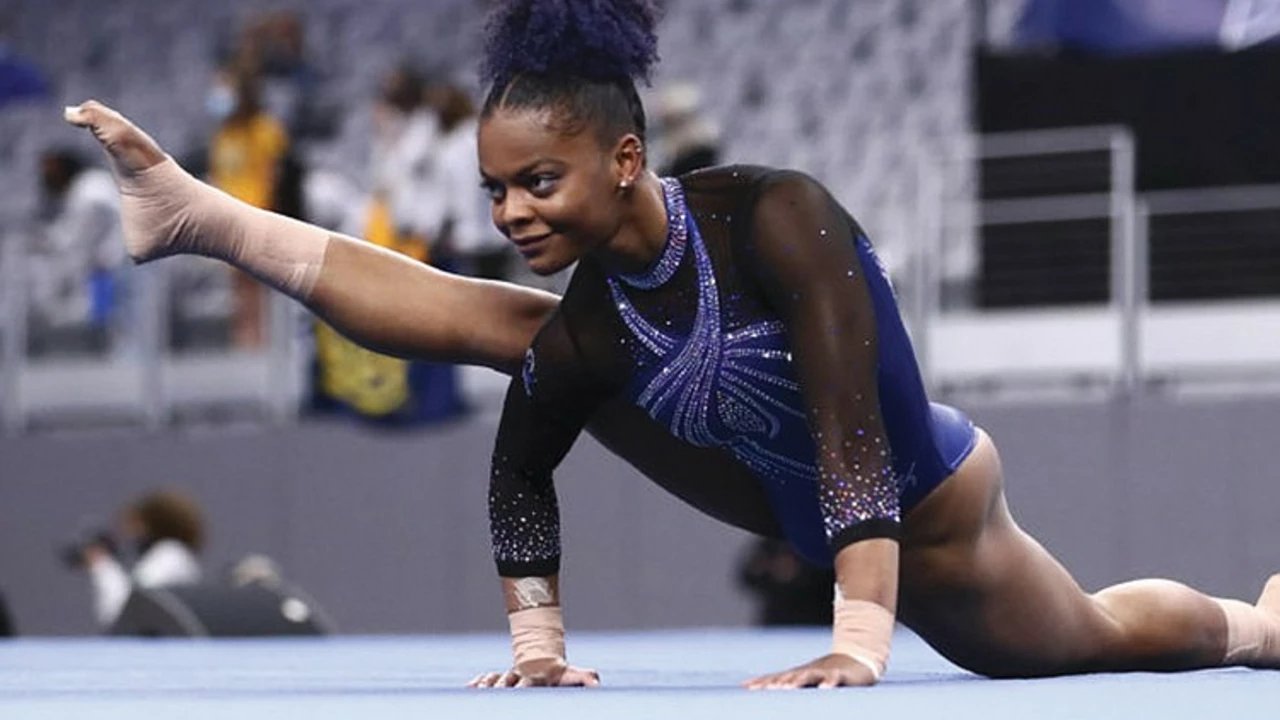Consequences in Sports and Entertainment
When looking at Consequences, the results or effects that follow a decision, event, or action in sports and entertainment. Also known as outcomes, they shape everything from fan experience to player careers.
Why Consequences Matter Across Sports
Consequences hit hard when a league tweaks its sports streaming, online platforms that deliver live games to fans model. A new streaming partnership can boost global reach, but it may also raise subscription costs, nudging casual viewers away. The 2025 Ryder Cup guide shows how a free‑trial route creates a ripple: more eyeballs for the event, yet tighter competition for ad dollars.
Player earnings are another domino. When player salaries, the earnings players receive from clubs, leagues, or overseas contracts skyrocket abroad, WNBA stars head overseas for up to 12× the U.S. pay. That shift fuels cultural exchange, but it also forces the domestic league to rethink salary caps and scheduling.
Fans’ watching habits create a feedback loop too. Shifts in viewership trends, patterns in how audiences watch sports across TV and digital channels have left the Super Bowl losing younger viewers. Shorter attention spans and streaming options mean broadcasters must innovate or risk dwindling ad revenue.
The strength of a players' union is a hidden lever. Weak bargaining power, as seen with the NFLPA, drags down pension and health benefits, which in turn affects career longevity and post‑career health. Strong unions in other leagues demonstrate how better contracts can reduce turnover and improve on‑field performance.
Team success also generates cascading effects. A championship win, like Texas’ 2006 title, spikes merchandise sales, boosts university applications, and lifts local economies. Conversely, a missed playoff run can stall sponsor interest and dampen fan morale.
Access to real‑time data transforms analysis. Platforms such as Sportradar give analysts instant play‑by‑play stats, which feed betting markets, fantasy leagues, and fan engagement tools. When data streams falter, confidence in coverage erodes, prompting broadcasters to invest in backup systems.
Even naming conventions cause practical consequences. Teams sharing names—think “Panthers” in both NFL and college—can spark branding conflicts and legal disputes, forcing leagues to adopt distinct logos or alternate names to avoid confusion.
Beyond sport, cultural moments ripple outward. Taylor Swift’s album drop tied to a Travis Kelce reveal created a media surge that lifted both music sales and NFL viewership, illustrating how cross‑industry collaborations amplify audience reach.
All these examples show that consequences are never isolated; they interlink across finance, media, fan behavior, and even legal realms. Below you’ll find a curated set of stories that dig deeper into each of these cause‑and‑effect chains, offering practical insights and real‑world data you can use right now.
Ready to see how each piece fits together? Browse the collection below to uncover the full picture of sports‑related consequences and what they mean for you.
What happens when you quit from an NCAA sport?
Deciding to quit an NCAA sport can have varied personal and academic consequences. The immediate impact is the potential loss of an athletic scholarship, a significant blow for those relying on it for tuition. Along with this, there's the emotional toll from leaving a team and the sport you loved. There's also a shift in your daily routine, as the grueling training sessions and competitions are no longer there. However, it can also present an opportunity to explore other interests and passions.
